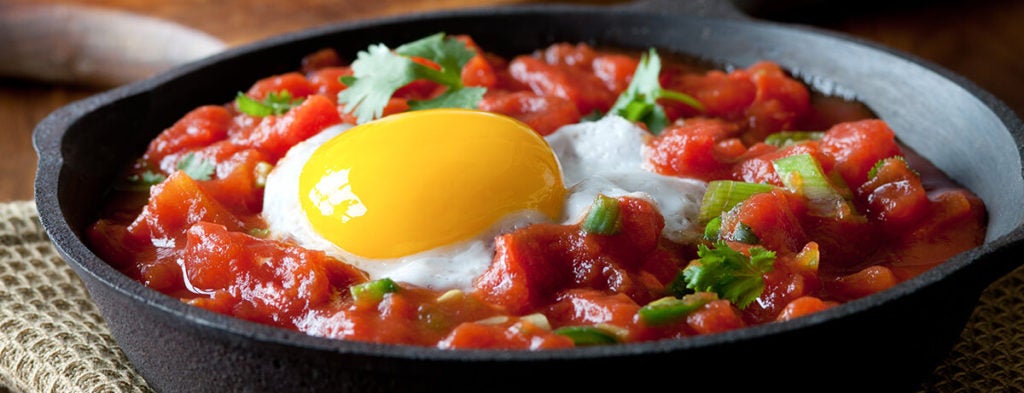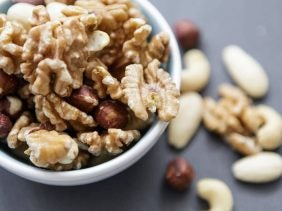The ketogenic diet: Our expert answers all your questions!
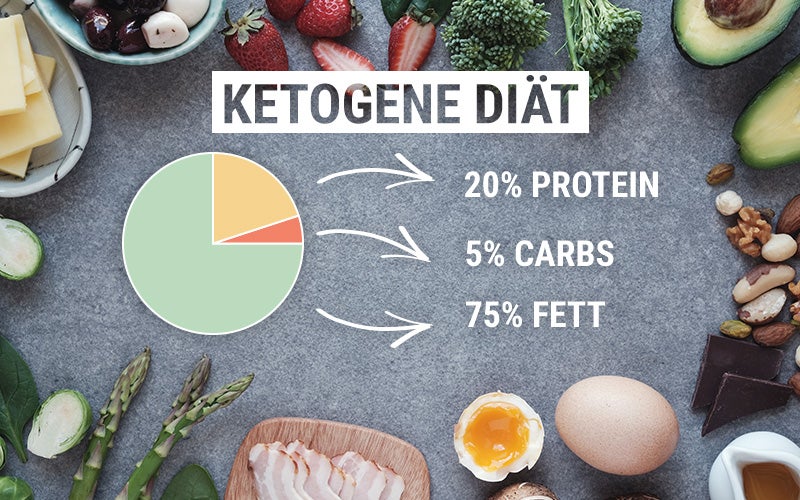 ©foodspring
©foodspring
The ketogenic diet, which involves eating very few carbohydrates, promises rapid weight loss, but is it really the best way to lose weight quickly? We interviewed our expert about his experiences with the keto diet.
The ketogenic diet is based on the principle that depriving your body of carbs – which is the nutrient most famous for giving us energy – it will enter ketosis. Ketosis is the state in which your body takes its energy from its fat stores instead of glucose. In this state, it becomes easier for your body to lose fat (ta-da, weight loss), while also giving your body more resources to focus on building your muscles.
Oliver Hilden is a nutrition consultant in our customer service team. When he’s not on the phone sharing his expertise with our #foodspringfamily, Oliver does competitive sports, and has a passion for natural bodybuilding. Oli swears by the ketogenic diet to help him maintain his muscle mass. In this interview he’ll break down what the ketogenic diet is, plus its advantages and disadvantages, in case you want to try it for yourself.

We’ve already given a quick summary, but what exactly is the ketogenic diet?
It’s a diet in which you get 60 to 90% of your daily calories from fat. Carbohydrates (which provide about 45-65% of daily calories in a balanced diet) are only eaten sparingly, and those mainly in the form of vegetables. And, of course, protein also plays an important role.
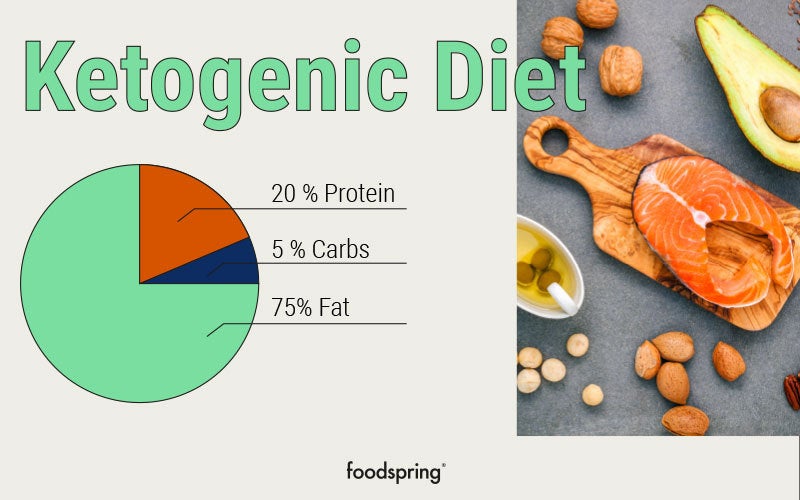
No carbohydrates means no potatoes, rice, pasta, bread, or even oats and other cereals. What do you eat instead to keep your diet ketogenic?
Many people think that the ketogenic diet is very strict, which isn’t true. Anything can be eaten as long as it’s high in fat and protein. Since your body will absorb fat much more efficiently, high-fat foods like cheese and sausage won’t make as big of an impact as they might have before.
The quality of the food you’re eating is the number one priority in ketogenic diets. Healthy fats can be found in vegetable oils like olive and flaxseed oil, as well as seeds, eggs, cheese, and fatty fish. Coconut oil is also a great source of healthy fat. The MCT fats it contains give you a quick source of power!
And that’s true for protein-rich foods, too, of which there are many different options. In addition to “traditional” protein sources like chicken or fish, dairy products that contain a small amount of carbs are also fair game. For my part, I make sure to include a bit of yogurt or cottage cheese in all my meals for an instant boost of protein.
There are also plenty of vegan protein options, such as tofu, seitan, or tempeh. Having a hard time getting enough plant-based protein? Take a look at our vegan protein, which delivers a fully plant-powered hit of the optimal amino acids for your body, from peas, hemp seeds, rice and sunflower seeds.
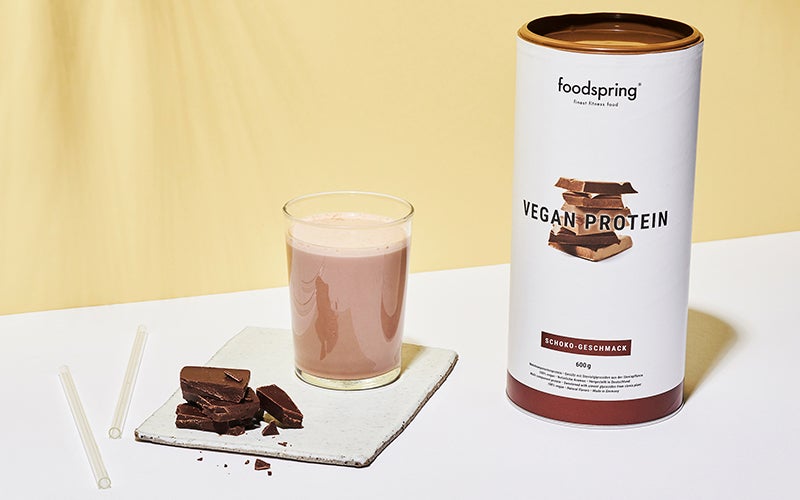
Vegetables also contain carbs. With that in mind, what vegetables would you recommend eating on the keto diet?
Though vegetables contain some carbohydrates, they don’t pose any problems for the keto diet. No matter what diet you’re on – be it a keto diet or a low-fat diet or something else entirely – it’s absolutely essential to eat a certain amount of vegetables every day because they’re rich in minerals and vitamins for their weight. Plus, the antioxidants they contain neutralize free radicals in your body, which has positive health benefits overall.
There are of course some kinds of vegetables that are naturally a little more nutritious than others. Cabbage in any form is an extremely versatile vegetable. Carrots, cucumbers, lettuce, mushrooms, asparagus, and green beans are also perfect for keto diets. There are, of course, plenty of other veggies that work with ketogenic diets. As an Asian food fan, I personally cook with a lot of bok choy. Avocado is another great option because it’s also rich in healthy fat and so tasty.
Are there any vegetables you should avoid completely?
Though there are no vegetables you need to cut out entirely in ketogenic diets, there are some that you should eat less of. That includes tomatoes, corn, onions, and bell peppers, as well as legumes like kidney beans, and chickpeas, all of which contain a large amount of carbs and are therefore not ideal for this type of ketosis diet.
Would you recommend taking supplements on this diet?
Taking supplements can definitely be helpful, as long as they’re not high in carbs or intended to help you gain weight. Personally I use Creatine. Some athletes think that creatine should only be consumed with carbohydrates, but that’s not necessarily true. With a ketogenic diet, creatine helps transport energy to your body more efficiently, which gives you power to fuel you through a workout. Some athletes think that creatine should only be consumed with carbohydrates, but that’s not necessarily true. With a ketogenic diet, creatine helps transport energy to your body more efficiently, which giving you power to fuel you through a workout.
After a workout, I drink a protein shake like our Whey Protein or Vegan Protein. Sometimes I mix it with cottage cheese instead. L-Arginine is also worth including because it provides a perfect boost during intense exercise.
It seems like the ketogenic diet works well for you, but would you recommend a diet this strict to everyone?
I recommend this diet to anyone who is ready for change and definitely wants to lose weight with the related health benefits. The hardest part of the ketogenic diet is in your head, because it takes time to get used to not eating pasta, bread, and other common starchy foods. But once you overcome this, you’ll start to see the health benefits of the diet and the positive effects on your body in no time. And your desire for carbs will definitely disappear!
However, I would recommend that anyone with epilepsy, diabetes, migraines, or even dementia check in with a doctor first to make sure the ketogenic diet is right for them.
I’m a big fan of this diet because it’s been really effective for me and the benefits keep me feeling healthy in general. I feel much stronger and have more energy than before. It just doesn’t make sense to me any more to eat a bowl of pasta, because it’ll just give me a carb crash afterward.
Dairy products, and most types of meat and fish are also rich in acid. Is the ketogenic diet really healthy in the long term?
The ketogenic diet is suitable for everyone. People often think it’s not healthy because many of the protein- and fat-rich foods it includes are highly acidic and can build up acid in the body. However, there have been studies that have proven that there is no direct correlation between a more acidic diet and health risks.
I personally think that the body is strong enough to stand up to these acids. You just have to make sure that you’re eating enough vegetables to keep your body balanced – then there’s nothing to worry about.
Some studies have also shown that the ketogenic diet can have a negative impact on cholesterol levels, but there are other studies that have proven the opposite – that the ketogenic diet can significantly reduce bad cholesterol and increase good cholesterol.
These are just some of the positive health benefits of the ketogenic diet, which is why I am a loyal devotee.
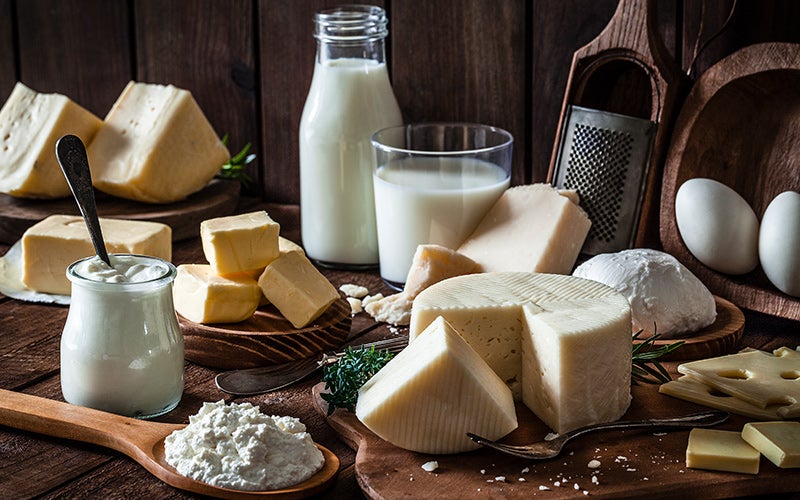
What do you think of the moral implications of this diet? Does it bother you to eat so many animal products?
Whether or not eating meat is bad is a personal opinion, and everyone has to choose what’s most important for their diet. For me, I try to buy my meat only from local vendors, organic shops, and at the neighborhood butcher. I’ll buy fish at either the fish or farmers’ market. I always try to avoid buying from industrial meat producers with poor breeding practices, because I don’t want to support that industry. Not to mention, these are usually low-quality products filled with antibiotics and hormones.
You started the ketogenic diet to prepare for your next bodybuilding competition. What’s going to happen after the competition?
Though I already knew about the ketogenic diet before the competition, my interest and knowledge of the subject has only increased. I want to use the diet to enable me to build muscles more easily, and I want to see how my body will react.
I’ve always liked trying new things, and I like to notice how my body is changing. I think this diet will help my muscles develop a lot. Who knows – it may even get me to another competition.
What recipes would you recommend to someone just starting the ketogenic diet?
Like I said, I’m a big fan of Asian food, which you can tell just from looking at my kitchen. I make curry often both because I love it and it’s easy to prepare. Here’s one of my favorite versions.
- 120g turkey breast
- 100g bok choy
- 100g Napa cabbage
- 1 carrot
- Fresh cilantro
- 1-2 cloves of garlic
- Ginger
- 1-2 red peppers
Spices:
- 1 tbsp. tandoori masala
- 1 to 2 tbsp. turmeric
- ½ tbsp. salt
- 1 tbsp. cayenne pepper
- Cut the turkey breast and vegetables into small pieces. Chop the garlic and finely grate ginger.
- Heat a skillet over medium and add a little coconut oil. It gives the curry a great aroma! Grill the meat until browned on each side, then add vegetables, garlic, ginger and peppers.
- Reduce heat to low. Add a little water and let vegetables cook until tender. Add spices and cilantro and stir to combine.
- Raise temperature to medium and continue cooking until water has evaporated. And voila! Your curry is ready to be enjoyed.
Our Tip: foodspring also features recipes that can easily be adapted to the ketogenic diet. Some of them will just need you to change a few ingredients. If you need more inspiration, check out our delicious recipes.Try our recipes
Feta cheese and tomato omelette
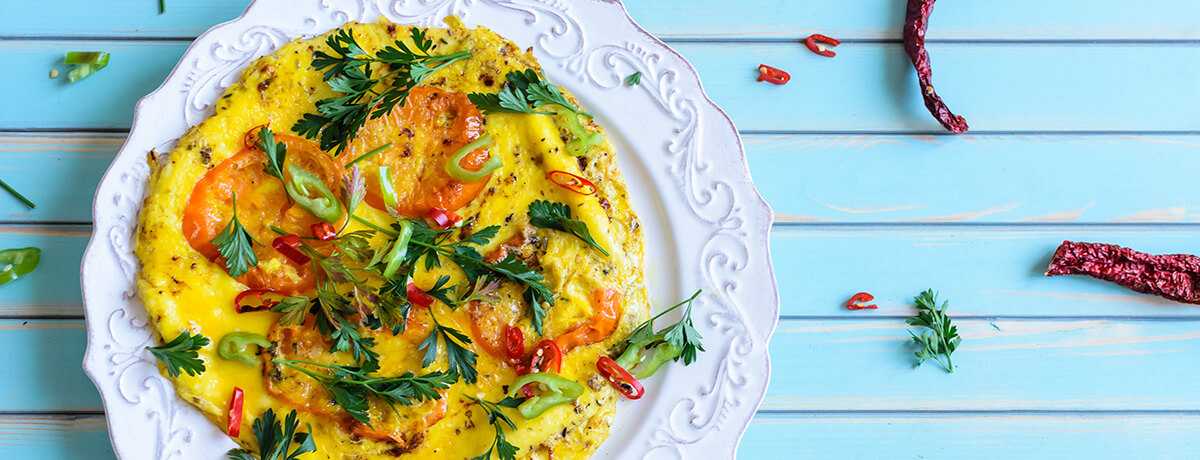
Fried Egg Avocado
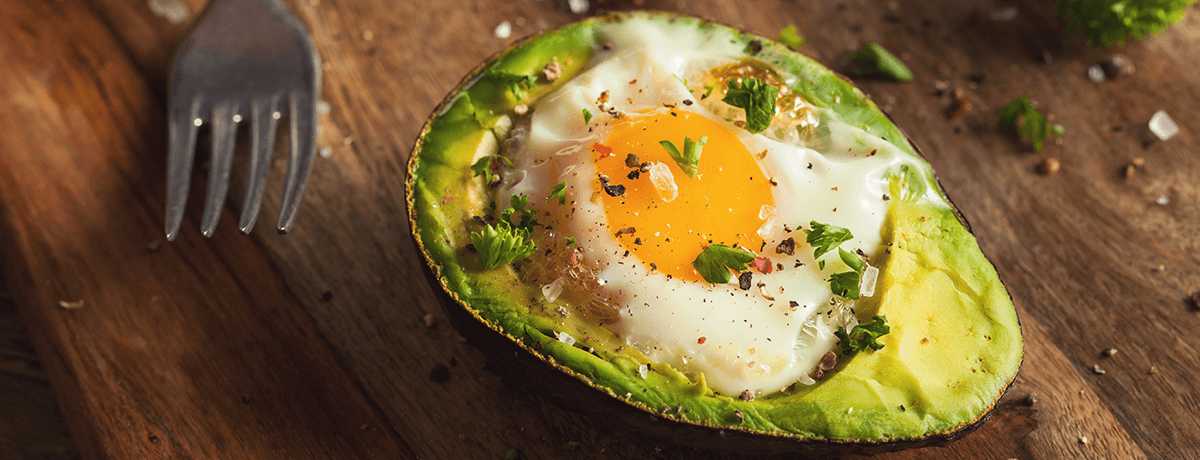
Courgetti (Zoodles) with Mushrooms and Pomegranate Seeds
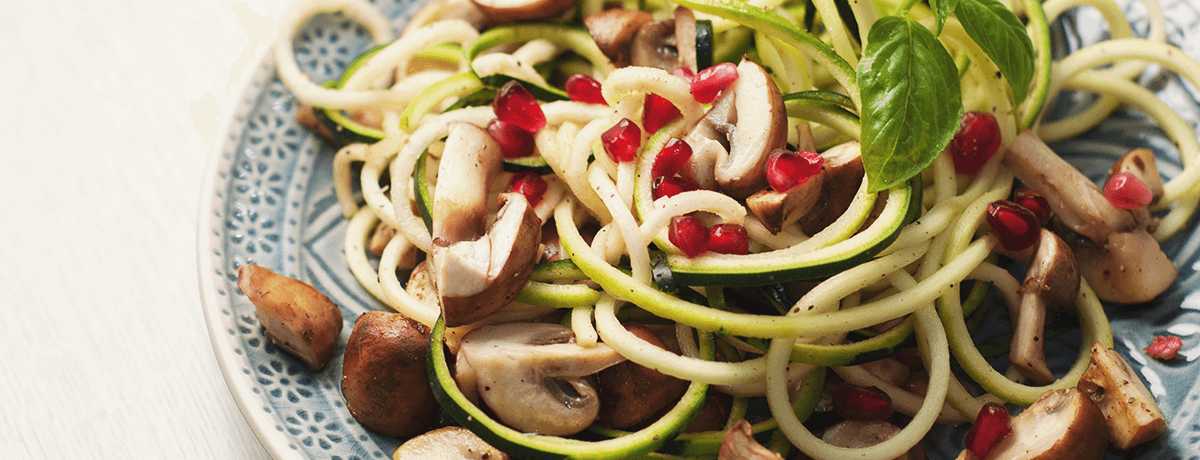
And for a sweet dessert:
Protein Peanut Butter Cups
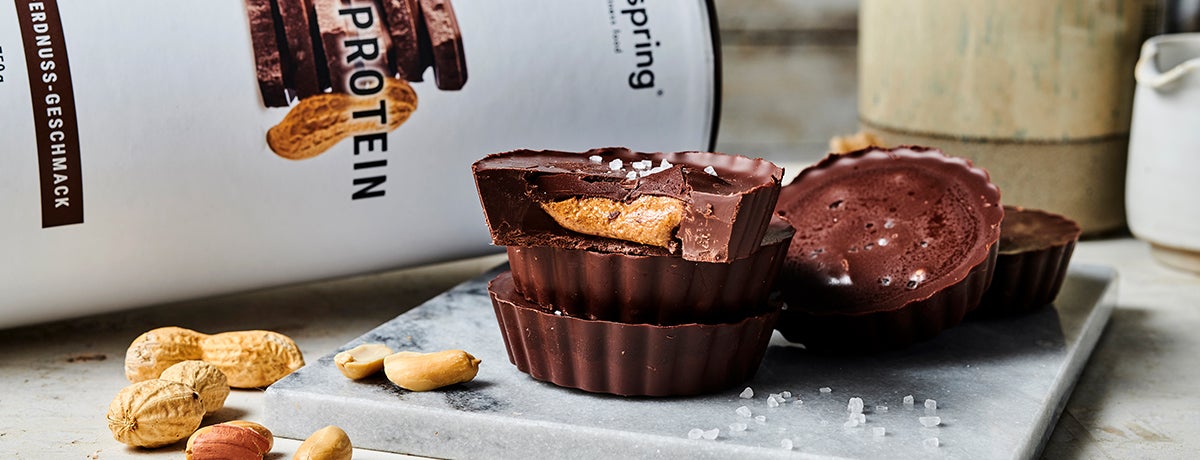
Our Summary
We recommend that you prioritize eating a healthy and varied diet that includes enough protein, fat, and carbs, as well as vitamins and minerals. It’s important to note that restrictive diets like the ketogenic diet can lead to deficiencies in the long term. That’s why you should always check in with your doctor or nutritionist to make sure it’s the right diet for you. Get advice from our experts on our Coach page.
Sources for this article
We at foodspring use only high-quality sources, including peer-reviewed studies, to support the facts within our articles. Read our editorial policy to learn more about how we fact-check and keep our content accurate, reliable, and trustworthy.






























